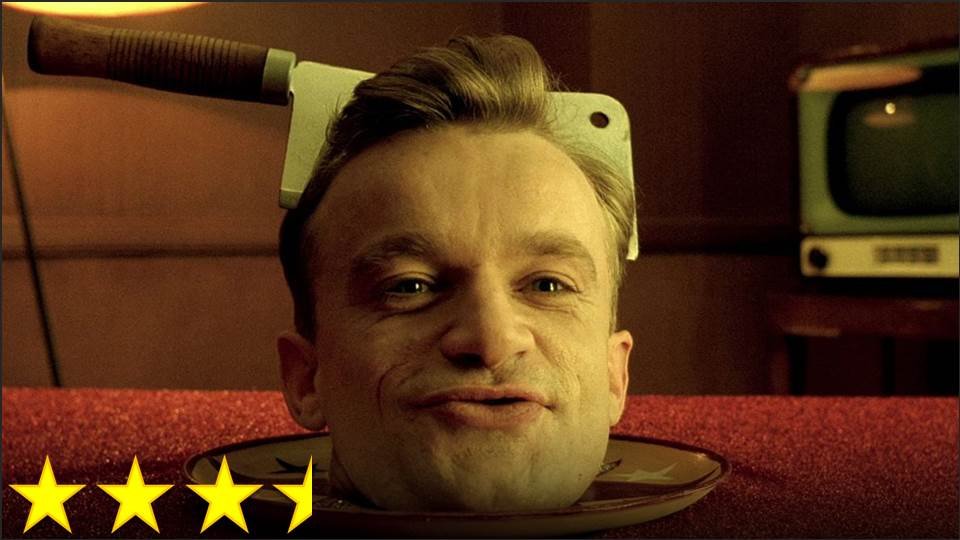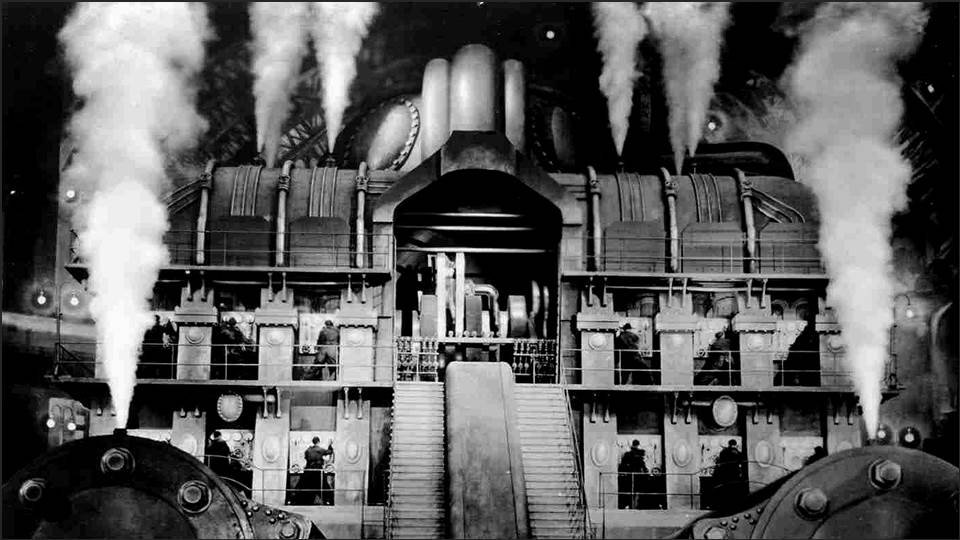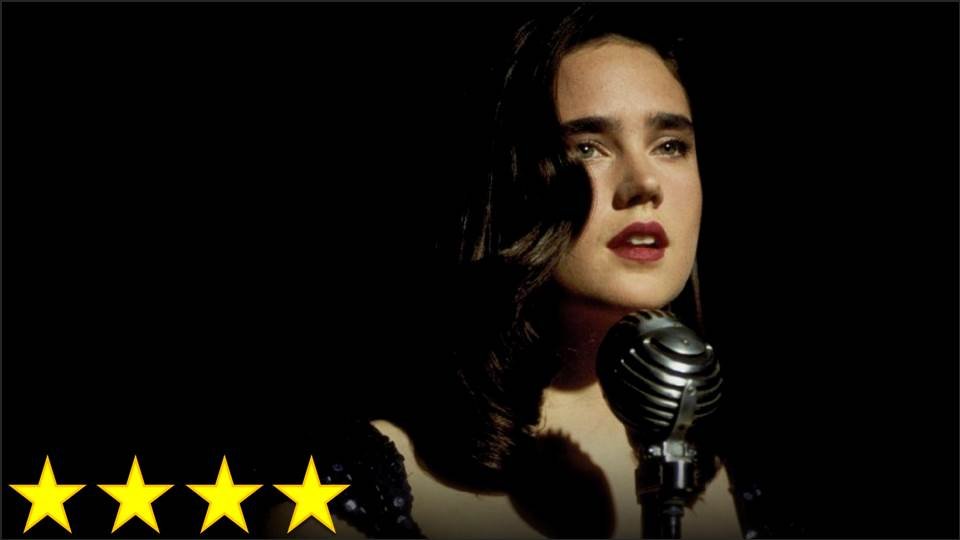I think the first time I ever saw a scene from a French film was in one of my classes at Harford Community College. The professor showed a brief clip in which residents of an apartment were all moving in unison to the rhythm of a couple having sex on a bed. I never knew where it came from, but I would have liked to see the whole film since this scene struck me as both humorous very artistic.
I think the first time I ever saw a French film all the way through was when I watched Amélie. Consequently, the stylistic choices of Jean-Pierre Jeunet formed my entire schema of what a French film was for a very long time – I think I assumed that his style was normal for French cinema because I didn’t realize the scene I had seen from Delicatessen was by the same director. Now that I’ve seen many more French films, I can clearly see how Amélie and Delicatessen clearly belong in their own little corner doing their own little thing.
After a bit more consideration, however, what’s struck me is just how different the two films are. Amélie, while it engages with the dark and gloomy, is extremely romantic, and Delicatessen, while it engages with romance, is extremely dark and gloomy. Delicatessen takes pride in its repulsiveness, and for some strange reason, I appreciate that. It’s a very icky movie, and I think it may have started a lot of bad trends in the filmmaking styles of the 1990s (bland color schemes, excessive fish-eye lenses, etc.), but it’s still clever, slick, and a well of creative inspiration. Don’t make the same mistake I did – now that you know about it, see it sooner rather than later.




